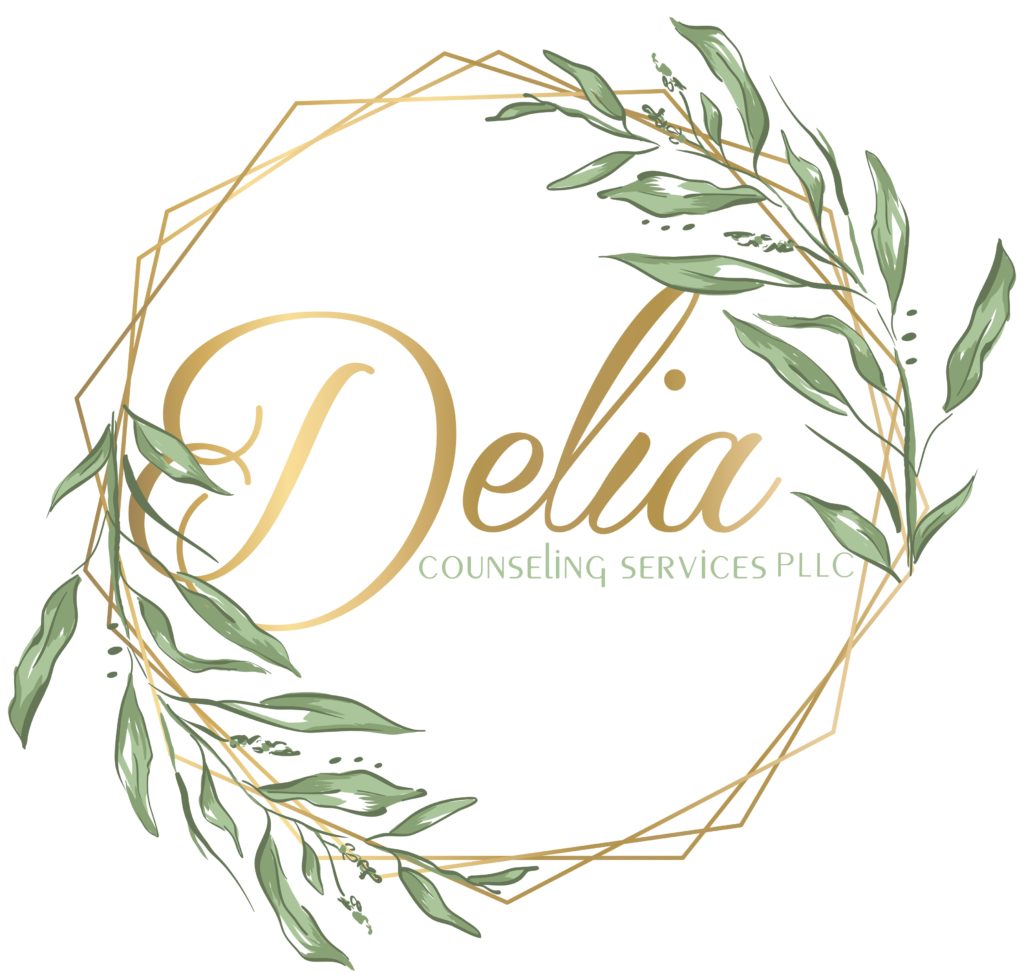Oct 7, 2022 The Surprising Drawbacks of Getting a Mental Health Diagnosis as an Adult

So you’ve just received a mental health diagnosis. Or maybe you’ve seen another TikTok that hit a little too close to home as it listed lesser-known symptoms of depression, anxiety, or trauma. Maybe you’re feeling a little attacked, or noticing rays of hope that someone might have answers after all. Either way, you’re curious about what on earth is going on in your head—and how to make it all start working in your favor!
Whether you’ve long suspected you may be contending with mental health symptoms or you’re newly considering it (or newly diagnosed), it’s time to talk about what happens next. There are good and not-so-great sides to receiving a mental health diagnosis in adulthood. Today, we’re unpacking them together as we outline three important considerations for what lies ahead. CBT (cognitive behavioral therapy) for anxiety, depression, and other common mental health issues can help you navigate how to move forward. In the meantime, here are some tips for your journey of self-discovery.
Stigma about mental health and individual therapy can cause trouble
Even if you feel good about therapy or are ready to have a more open conversation about mental health, not everyone shares these views. From creating battles with insurance to adding stress in social and work spaces, stigma about mental health still shows up on the tail end of every diagnosis. Carrying a diagnosis can increase the cost of medical treatment and health insurance, which may add to the stress. You may run into difficulty in the workplace or among your loved ones who do not understand your diagnosis or the importance of supporting you as you manage symptoms.
Beyond these instances of social stigma, another type of internalized mental health stigma also exists. Many people are aware of stigma as a destructive cultural force and speak out against it, and yet struggle with the very same concept when they find themselves or someone they love in need of mental health treatment. The mentality that “mental health problems are okay for other people but not for me” is the sneaky side of the stigma that we may not always consider.
Still, for many people, the trade-off is worth it- acceptance of a diagnosis is often a vital next step in validating yourself and accessing treatment. You might feel like this new diagnosis is an obstacle between you and finding your passion and purpose in life. However, gathering information about your diagnosis and discovering tools to cope and heal can actually help you progress in life.

Is it worth it to get a mental health diagnosis as an adult?
Deciding whether a new mental health diagnosis in your adult life is going to be a long-term benefit to you isn’t a decision anyone else can make, but we can help you find the focus you need to sort through the questions that arise.
When deciding if you’d like to pursue a diagnosis you or your therapist suspect, the first thing to consider is the predicted benefit to you. Instead of focusing on the possible negative outcomes, imagine what your life would be like if you had the diagnosis you’re exploring. Ask yourself the following.
- Will a label for your challenges help you feel more in control of the way you feel?
- Will you have better access to therapies, medications, processes, or coping mechanisms to support your daily life?
- Are you interested in pursuing medical management for your condition?
- Does admitting that you’re struggling with your mental health change how you feel about yourself?
- Are you worried about the long-term effects of having a mental health diagnosis?
Liberation or a label?
When you’re doing everything you can to find effective ways to cope with the barriers currently present in your life, you may be surprised to learn that finding answers may limit your options. The trouble with receiving a new diagnosis is that professionals often stop looking for answers or observing new solutions when they can toss everything into the neatly labeled container you’ve presented.
The liberation of finally having a name for the cluster of symptoms and chaos that have crisscrossed your life to this point may cost you the freedom to explore and understand it as it relates to your specific situation. In cognitive behavioral therapy, we seek to answer each question or concern as it’s presented. This works because we never stop showing up with curiosity and looking for ways to use the information we discover to create meaningful change.

In therapy designed for a diagnosis, people may stop asking questions because they’re no longer looking for answers. Instead, they assume that the diagnosis was the answer and now they must simply treat the symptoms.
A diagnosis is not a solution
Having a syndrome, a symptom, or a disability is a starting point. It offers you a map so that you can get to know the lay of the land, and can help you save time when meeting a new healthcare professional or starting individual therapy. But a diagnosis will not solve any of the barriers you experience due to the symptoms that led you to seek answers in the first place.
It’s true that getting a mental health diagnosis in adulthood can feel validating. Even though you may find a sense of freedom or reassurance in finally knowing what’s happening in your mind and body, there will be more steps to take beyond it. So long as you remain committed to taking those steps and making movement, a diagnosis may support your journey.
There is no one right answer in deciding whether you’d like to seek a diagnosis to support you in your quest to get healthy. While there is uncertainty around best practices in treating symptoms or finding whole-person answers, there is one thing we know for sure:
You deserve the chance to thrive.
CBT for depression, anxiety, trauma, and other mental health issues is an effective way to heal and improve your mental health. For those in Washington and Florida, you can schedule a consultation today for individual therapy to help you take the next steps in deciding what that looks like for you.
Specializing in therapy for women, Delia Counseling Services provides quality Cognitive Behavioral Therapy (CBT) for self esteem, anxiety, depression, grief and loss, relationship concerns, and life transitions. Susan Delia, LCSW, provides in-person therapy in Yakima, Washington including zip codes 98902 and 98901 and beyond, as well as online therapy across the states of Washington and Florida.


The Surprising Drawbacks of Getting a Mental Health Diagnosis as an Adult

Building Inner Peace in Your Life in Time for International Day of Peace

How to Harness Hope When Healing

The Allure of Negativity and the Power of Your Thoughts to Overcome it

Navigating Life Transitions for Everyday Change

How To Deal With Depression Due to the Pandemic
- « Previous
- 1
- 2


